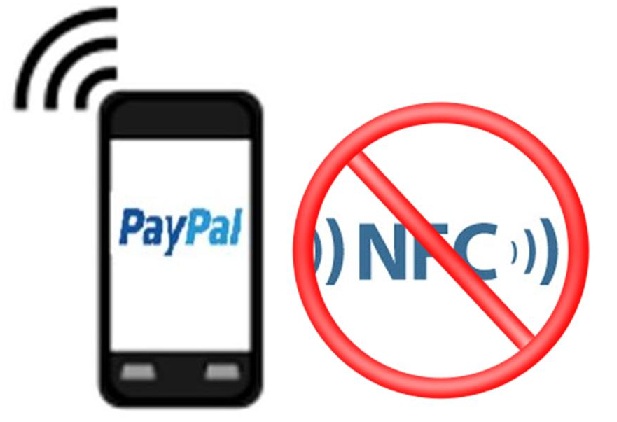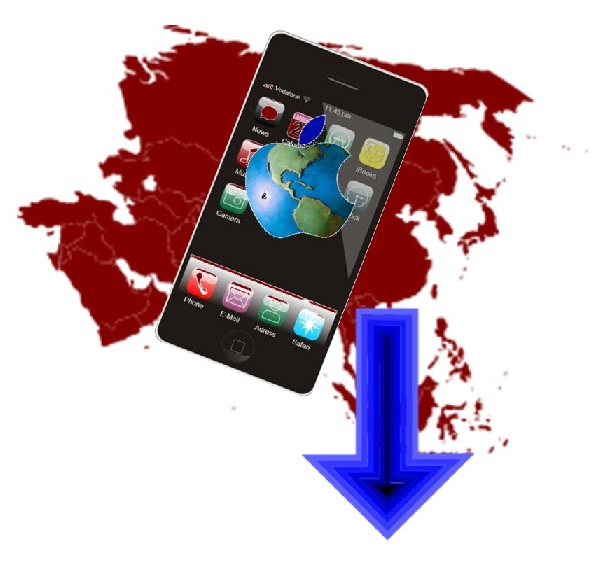 PayPal continues to snub NFC technology in mobile commerce
PayPal continues to snub NFC technology in mobile commerce
It is no secret that PayPal is not a fan of NFC technology. The technology enables mobile devices to collect and distribute information over very short distances. While the technology has seen use in marketing, its most well known for its uses in mobile commerce. NFC technology can effectively turn any mobile device into a payment platform, allowing consumers to make purchases for goods and services using nothing but their smart phones or tablets. While the concept of mobile commerce has becoming very attractive to consumers, PayPal believes that its reliance on NFC technology is a fallacy.
Use of NFC technology may lead to failure
In the past, PayPal has been somewhat outspoken in its opposition of NFC technology. Recently, however, the company has been growing more aggressive in its stance on the matter. According to David Marcus, president of PayPal, the technology may actually be harmful for the retail industry, which has come to embrace mobile commerce in a big way. Marcus suggests that NFC is not the right technology to facilitate mobile payments from consumers and that the more retailers focus on its use, the more likely they are to meet failure.
Poor experiences create tension in mobile commerce
Marcus suggests that NFC technology created a very limited experience for consumers, especially with their relationship to a retailer. Despite the somewhat simplistic nature of NFC technology, Marcus claims that consumers often have a bad experience when making purchases with NFC-enabled devices at retail stores. The president of PayPal notes that this experience is largely due to the fact that consumers are forced to make use of physical NFC terminals in order to make a purchase, rather than make purchases wherever they are using their Internet connection on their smart phone or tablet.
PayPal investing in alternative solution
PayPal has been investing heavily in an alternative to NFC technology. The company has been working on building a multi-channel solution that will allow consumers to make mobile payments without having to interact with a physical terminal or checkout system. The solution that the company has been investing in is meant to facilitate payments in-store and online, providing consumers with more flexibility in their mobile commerce interests.

 Consumer fatigue threatens Apple in Asia
Consumer fatigue threatens Apple in Asia